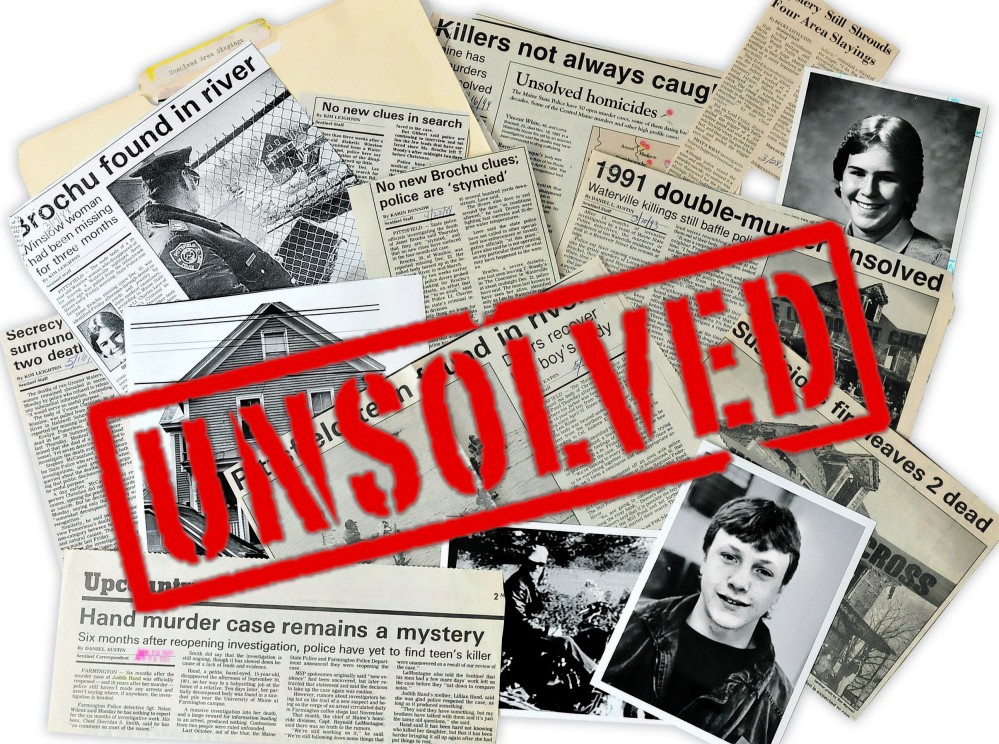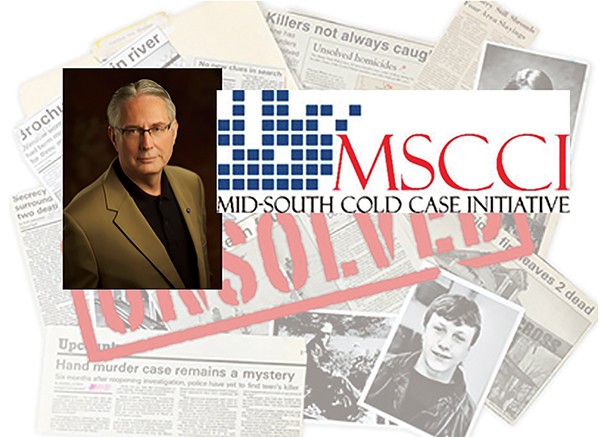In its May 10th issue, the Flyer published a Q&A with me entitled, “Gone Cold.” I discussed the problem of unresolved homicides in Memphis and what my nonprofit organization could do to help solve some of these murders.

The basic issue is that between 1980 and 2016, the United States has accumulated over 242,355 cold cases. Memphis has more than 1,500. Considering that in 2016 the rate of solving homicides nationwide was at its lowest in our history, at 59.4 percent, these unsolved cases are increasing each year all over the country. Memphis is not alone.
For the past three years, I have been serving on the National Institute of Justice’s (NIJ) Cold Case Working Group putting together a “best practices” guide for implementing and sustaining a cold case unit within police departments. The final document is expected to be released/published late this year. This group of professionals from around the country believes that we have a problem that needs addressing, sooner rather than later. And that having a dedicated cold case unit within a police department is not a luxury but rather a necessity.
As I have said many times, law enforcement today is about the present and the future and rarely about the past. Research tells us ignoring cold cases or just trying to fix the problem without a dedicated unit can severely diminish law enforcement effectiveness. In turn, this could result in an increase of homicide incidents and cost us hundreds of thousands of dollars investigating other violent crimes — because the bad actors are still on the streets. Additionally, it means that justice is not being served and more families are going without answers, which in turn contributes to an environment of distrust of our police within the community.
But we can overcome this dilemma.
One method — adopted by the police in Charlotte, North Carolina, and in Tulsa, Oklahoma — is to allow professionals from outside the department (non-police who are properly vetted with non-disclosure agreements) to work with the cold case unit by reviewing cases for solvability factors. Other agencies have used grad students in the same manner. This method works under the premise that a new set of eyes nearly always finds things previously missed and helps to move the case forward toward a proper conclusion. Detectives spend around 60 percent of their time on administrative functions, so why not alleviate some of that with outside support and get them doing what they do best — investigating.
In Memphis, a similar approach could work, especially considering the department is severely short on personnel. They are doing their best just to keep up with the day-to-day activities. Having someone with the prerequisite knowledge about the nuances of conducting cold case investigations and one who has the organizational ability to structure the process for maximum effectives could truly help.
My nonprofit, the Mid-South Cold Case Initiative, with my expertise as the president/founder could be a possible solution. I have offered my services to Memphis (pro bono) and am open to other police agencies in the Mid-South, seeking assistance with their cold cases.
Besides the cold case expertise, I also offer specialty training that can be certified for continuing education credits and funding to offset the costs of hiring a crime analyst; increasing levels of reward money; purchasing of computers and software; bringing in outside trainers who specialize in homicide/cold case investigations; and paying for expedited forensic services (currently, it takes 10-12 months to get a DNA sample analyzed by the state crime laboratory). With an outside certified forensic laboratory, that can be reduced to 30 to 60 days.
We can overcome this dilemma. It is just going to take a concerted effort with a dedicated cold case unit that is structured properly. Whether that includes me or not is up to the police department(s) to decide. My services are pro bono. Just remember, doing nothing or having part-time cold case detectives there for optics does not resolve the problem. Only a properly structured dedicated unit provides maximum effectiveness.
Jim Adcock has more than 40 years of experience as an investigator, chief deputy coroner, and professor.
